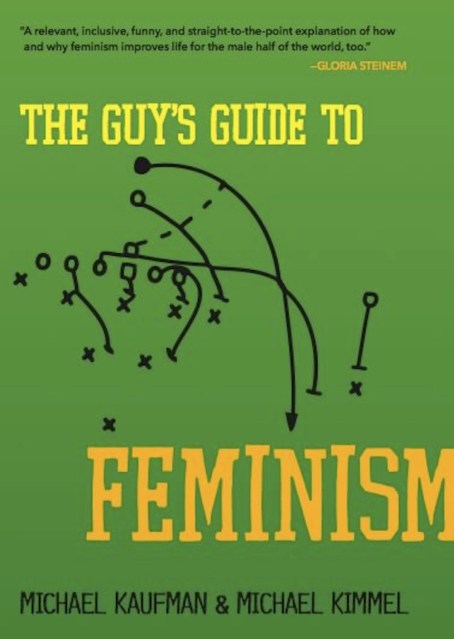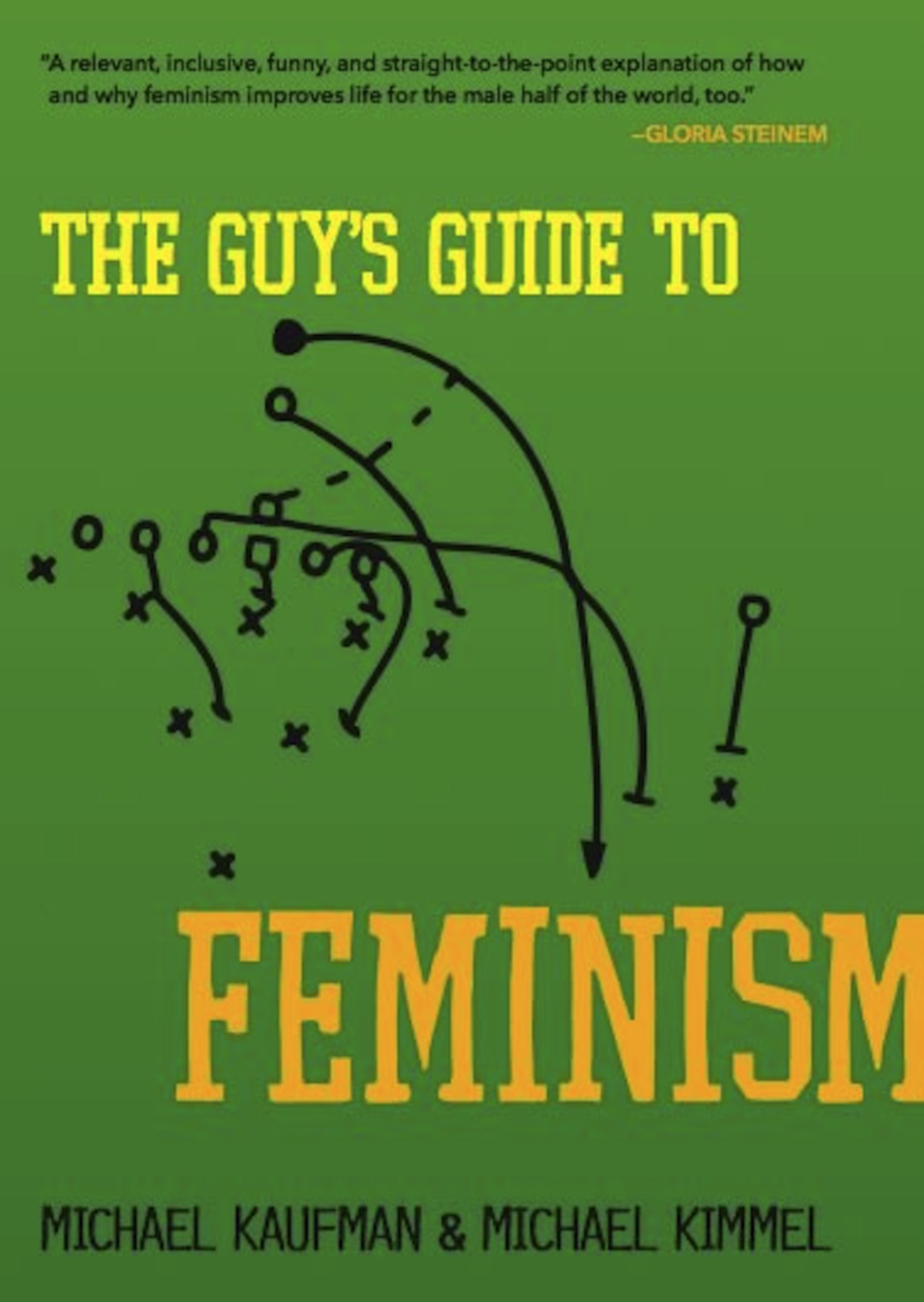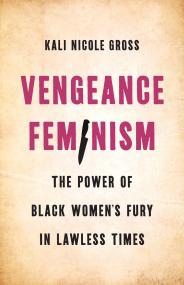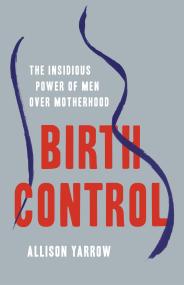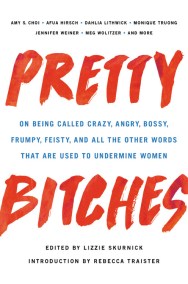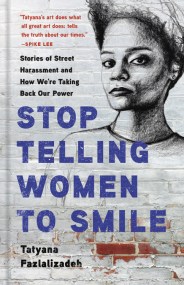By clicking “Accept,” you agree to the use of cookies and similar technologies on your device as set forth in our Cookie Policy and our Privacy Policy. Please note that certain cookies are essential for this website to function properly and do not require user consent to be deployed.
The Guy’s Guide to Feminism
Contributors
Formats and Prices
- On Sale
- Oct 25, 2011
- Page Count
- 224 pages
- Publisher
- Seal Press
- ISBN-13
- 9781580054256
Price
$9.99Price
$12.99 CADFormat
Format:
- ebook $9.99 $12.99 CAD
- Trade Paperback $16.00 $21.00 CAD
This item is a preorder. Your payment method will be charged immediately, and the product is expected to ship on or around October 25, 2011. This date is subject to change due to shipping delays beyond our control.
Buy from Other Retailers:
In just one generation, age-old ideas about women have been swept aside . . . but what does that have to do with men? Authors Michael Kaufman and Michael Kimmel, two of the world’s leading male advocates of gender equality, believe it has everything to do with them — and that it’s crucial to educate men about feminism in order for them to fully understand just how important and positive these changes have been for them.
Kaufman and Kimmel address these issues in The Guy’s Guide to Feminism. Hip and accessible, it contains nearly a hundred entries — from “Autonomy” to “Zero Tolerance” — written in varying tones (humorous, satirical, irreverent, thoughtful, and serious) and in many forms (“top ten” lists, comics, interviews, mini-stories, and more). Each topic celebrates the ongoing gains that are improving the lives of women and girls — and what that really means for men.
Informal and fun yet substantive and intelligent, The Guy’s Guide to Feminism illustrates how understanding and supporting feminism can help men live richer, fuller, and happier lives.
Newsletter Signup
By clicking ‘Sign Up,’ I acknowledge that I have read and agree to Hachette Book Group’s Privacy Policy and Terms of Use
